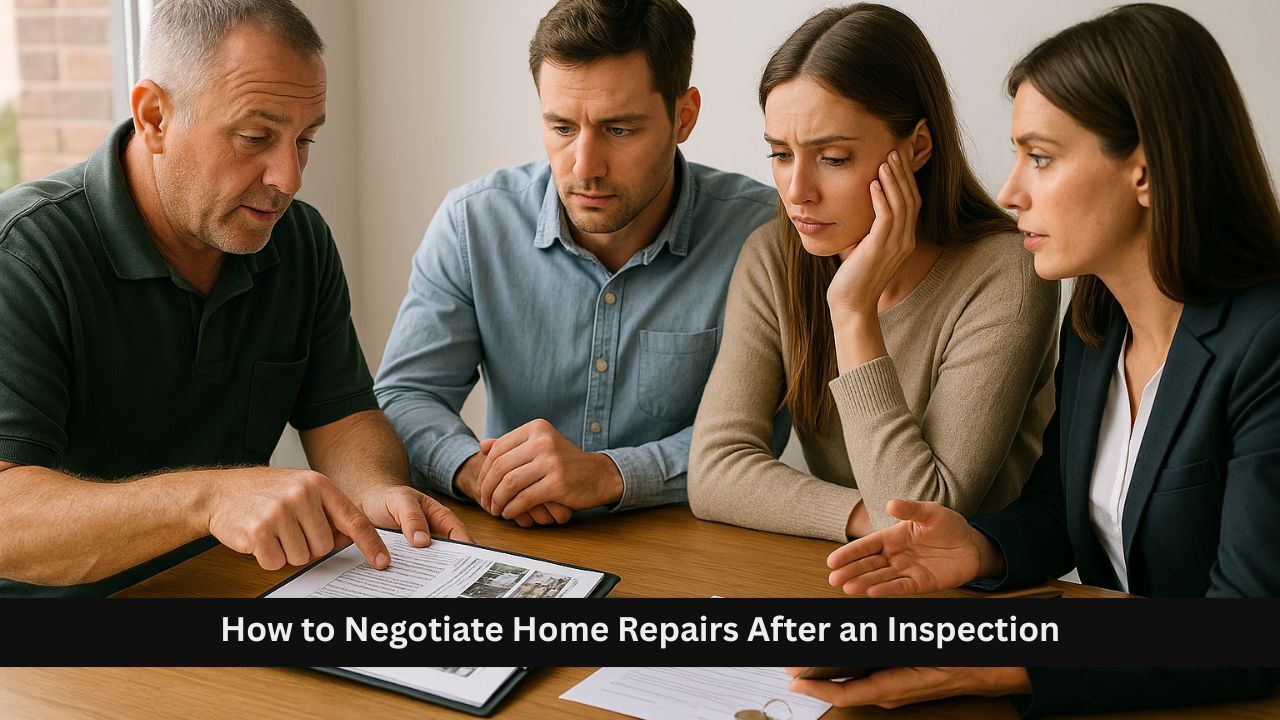 A home inspection is one of the most important steps in the home buying process. It gives buyers a clear picture of the property’s condition and can uncover issues that are not visible during a showing. From roofing problems to electrical concerns, an inspection helps ensure you know exactly what you are purchasing. However, once the report arrives, the next step, and negotiating repairs, can feel overwhelming.
A home inspection is one of the most important steps in the home buying process. It gives buyers a clear picture of the property’s condition and can uncover issues that are not visible during a showing. From roofing problems to electrical concerns, an inspection helps ensure you know exactly what you are purchasing. However, once the report arrives, the next step, and negotiating repairs, can feel overwhelming.
Reviewing the Inspection Report
When you receive the inspection report, take time to review it carefully with your real estate agent. Not every issue requires a repair or credit request. Focus on major concerns such as structural problems, roof damage, plumbing leaks, electrical hazards, or issues that impact safety or livability. Minor cosmetic flaws or small maintenance items are usually best handled after closing.
Prioritize the Big Repairs
The key to a successful negotiation is knowing what truly matters. A cracked windowpane may be a simple fix, but foundation issues or a failing HVAC system could be costly and deserve attention before the sale proceeds. Your agent can help you prioritize which repairs are essential and which can be negotiated as part of a credit or price reduction.
Explore Your Options
When inspection issues arise, buyers generally have three options: request that the seller make repairs, ask for repair credit at closing, or negotiate a price reduction. Each approach has advantages. Having the seller complete the repairs before closing ensures the work is done, but some buyers prefer a credit or discount to hire their own contractors after the purchase. This provides more control over quality and timing.
Be Professional and Fair
Approach the negotiation as a conversation rather than a confrontation. Remember that both parties want the transaction to move forward. Provide clear documentation from the inspection report and estimates from licensed contractors when possible. This shows that your requests are reasonable and based on facts, not emotions. Maintaining a cooperative tone can make a big difference in how the seller responds.
Rely on Your Agent’s Expertise
Your real estate agent is your greatest resource during this stage. Experienced agents know how to frame requests, communicate effectively with the sellerís side, and keep the deal moving. They can help you balance firmness with flexibility, ensuring your needs are met without jeopardizing the transaction.
Negotiating home repairs after an inspection is about finding balance. The goal is not to get a perfect home, but a fair deal based on the propertyís true condition. By focusing on major issues, presenting clear evidence, and keeping the conversation respectful, you can reach an agreement that benefits both sides. A well-handled negotiation protects your investment and sets the stage for a smoother closing.
 In a competitive real estate market, buyers may feel pressured to make their offers more attractive by waiving contingencies—especially the home inspection. While skipping a home inspection might seem like a way to speed up the buying process or make an offer stand out, it can be a costly mistake with long-term consequences. Here’s why a home inspection should always be part of your home-buying process, no matter how competitive the market is.
In a competitive real estate market, buyers may feel pressured to make their offers more attractive by waiving contingencies—especially the home inspection. While skipping a home inspection might seem like a way to speed up the buying process or make an offer stand out, it can be a costly mistake with long-term consequences. Here’s why a home inspection should always be part of your home-buying process, no matter how competitive the market is.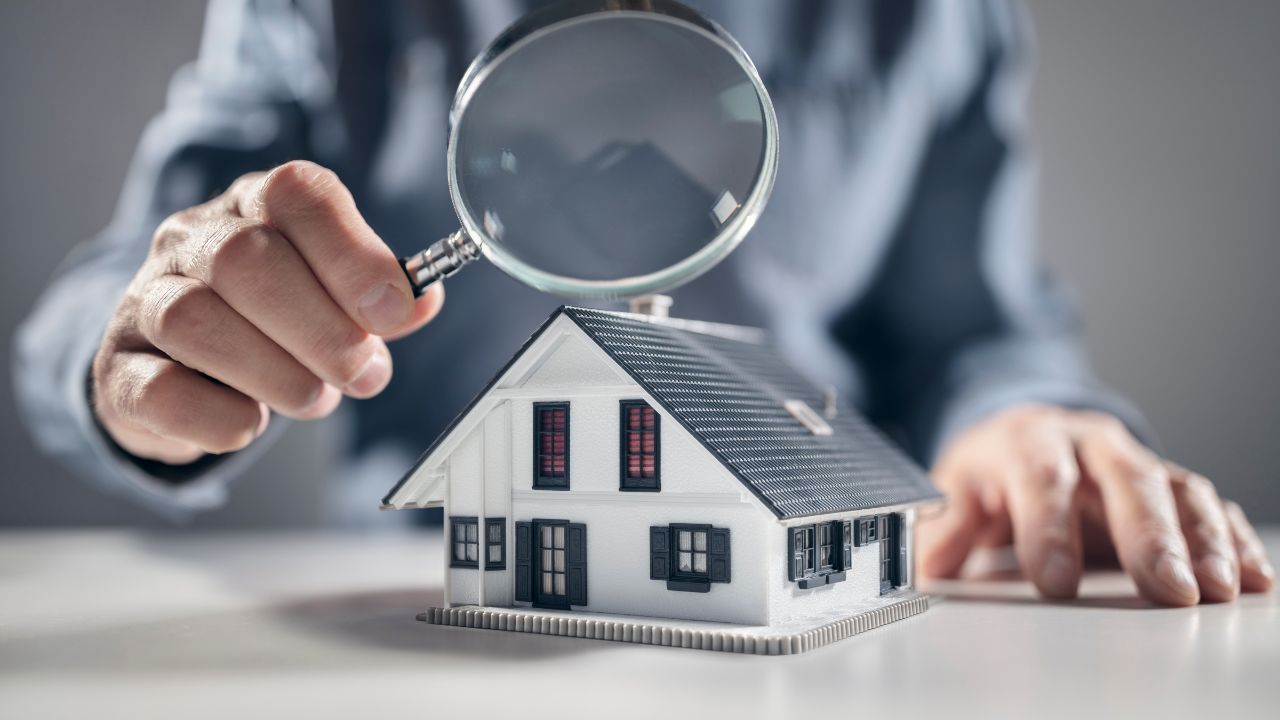 When buying or selling a home, you’ll likely encounter both a home inspection and a home appraisal. While these processes are essential for ensuring a smooth real estate transaction, they serve different purposes and involve unique evaluations. Understanding the differences between a home inspection and a home appraisal can help you navigate the home-buying or selling process more confidently.
When buying or selling a home, you’ll likely encounter both a home inspection and a home appraisal. While these processes are essential for ensuring a smooth real estate transaction, they serve different purposes and involve unique evaluations. Understanding the differences between a home inspection and a home appraisal can help you navigate the home-buying or selling process more confidently.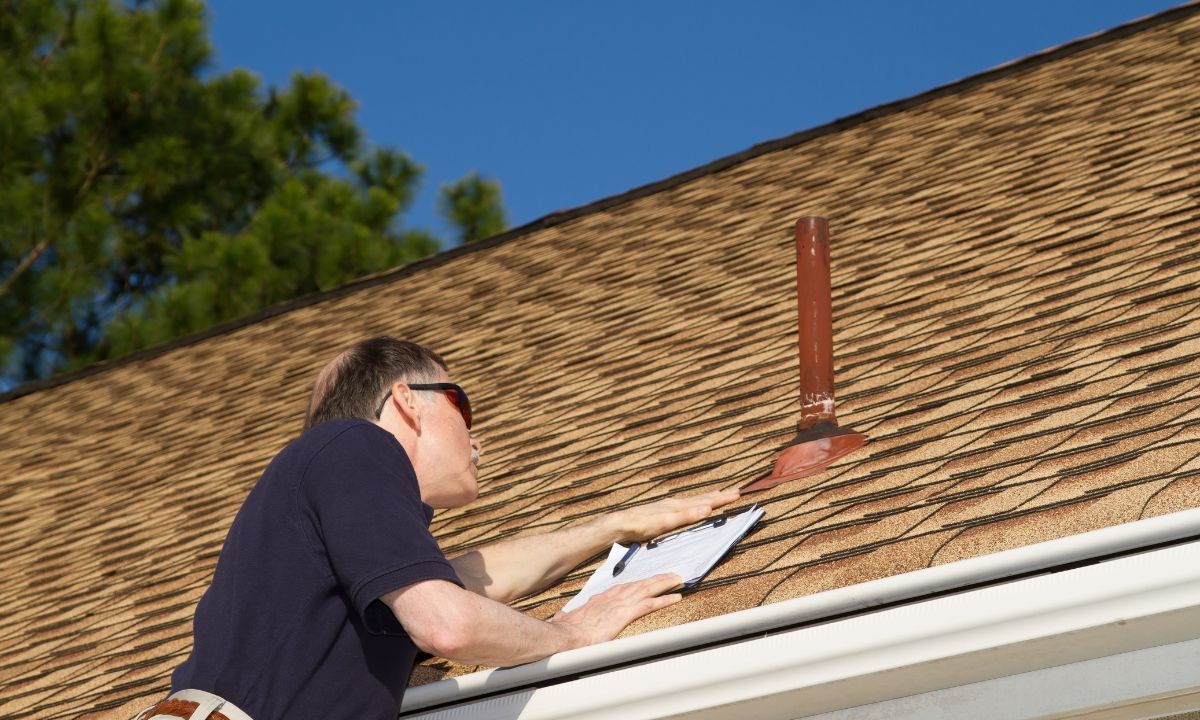 Buying your first home is an exciting milestone, but it can also feel overwhelming. One critical step in the home-buying process is the home inspection. An inspection is a complete examination by a professional home inspector and ensures the property is in good condition and helps you avoid costly surprises. What exactly does a home inspector look for in a home you want to buy? Let’s break it down.
Buying your first home is an exciting milestone, but it can also feel overwhelming. One critical step in the home-buying process is the home inspection. An inspection is a complete examination by a professional home inspector and ensures the property is in good condition and helps you avoid costly surprises. What exactly does a home inspector look for in a home you want to buy? Let’s break it down.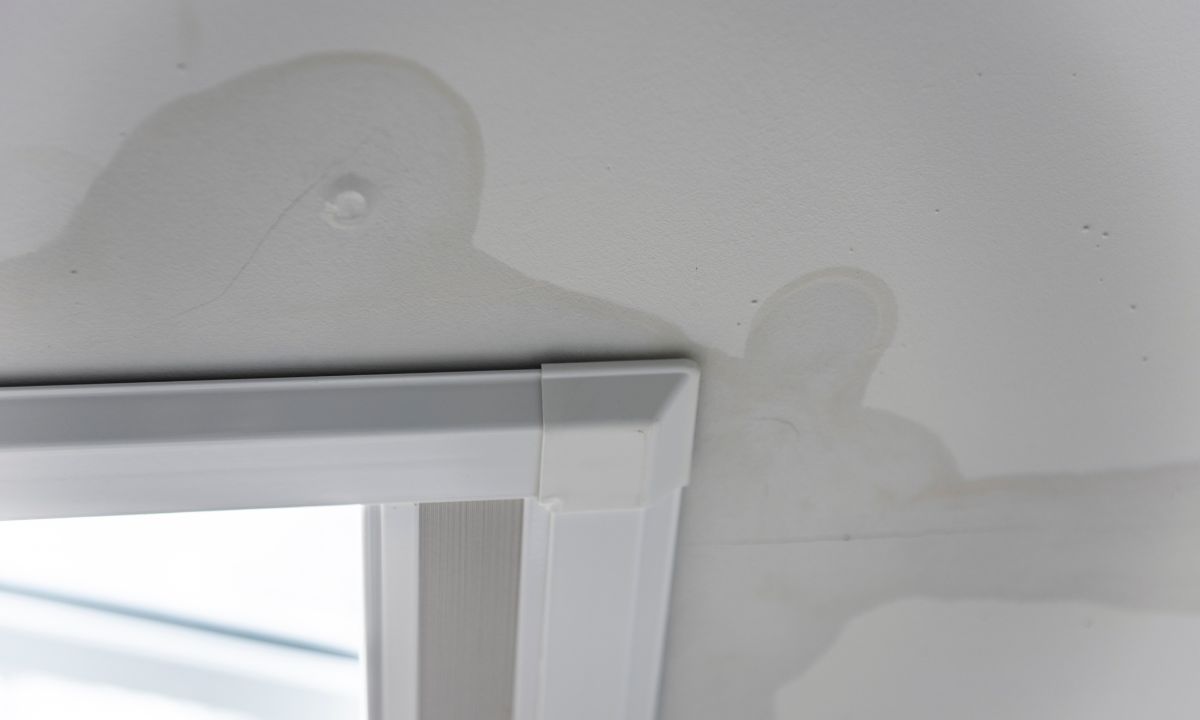 Buying a home is a significant investment, and ensuring the property is in good condition is crucial. There are times when asking the seller for repairs is the best course of action, but in other situations, requesting a credit may be more beneficial. Understanding when to choose each option can help you navigate the buying process more effectively.
Buying a home is a significant investment, and ensuring the property is in good condition is crucial. There are times when asking the seller for repairs is the best course of action, but in other situations, requesting a credit may be more beneficial. Understanding when to choose each option can help you navigate the buying process more effectively.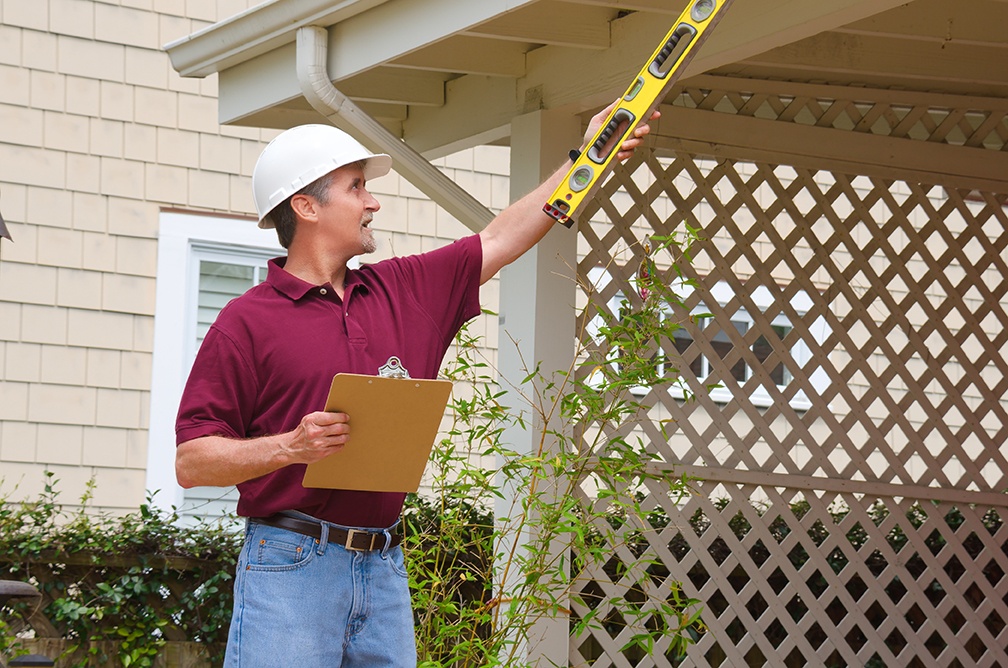 Buying a new home is an exciting and significant milestone in anyone’s life. However, it’s essential to approach the homebuying process with caution and thoroughness to ensure that you’re making a sound investment. One crucial step in the homebuying journey is the home inspection. A home inspection is a comprehensive evaluation of a property’s condition, aiming to uncover any potential issues or concerns that could affect its value or safety. Below are some tips to remember when navigating a home inspection.
Buying a new home is an exciting and significant milestone in anyone’s life. However, it’s essential to approach the homebuying process with caution and thoroughness to ensure that you’re making a sound investment. One crucial step in the homebuying journey is the home inspection. A home inspection is a comprehensive evaluation of a property’s condition, aiming to uncover any potential issues or concerns that could affect its value or safety. Below are some tips to remember when navigating a home inspection.